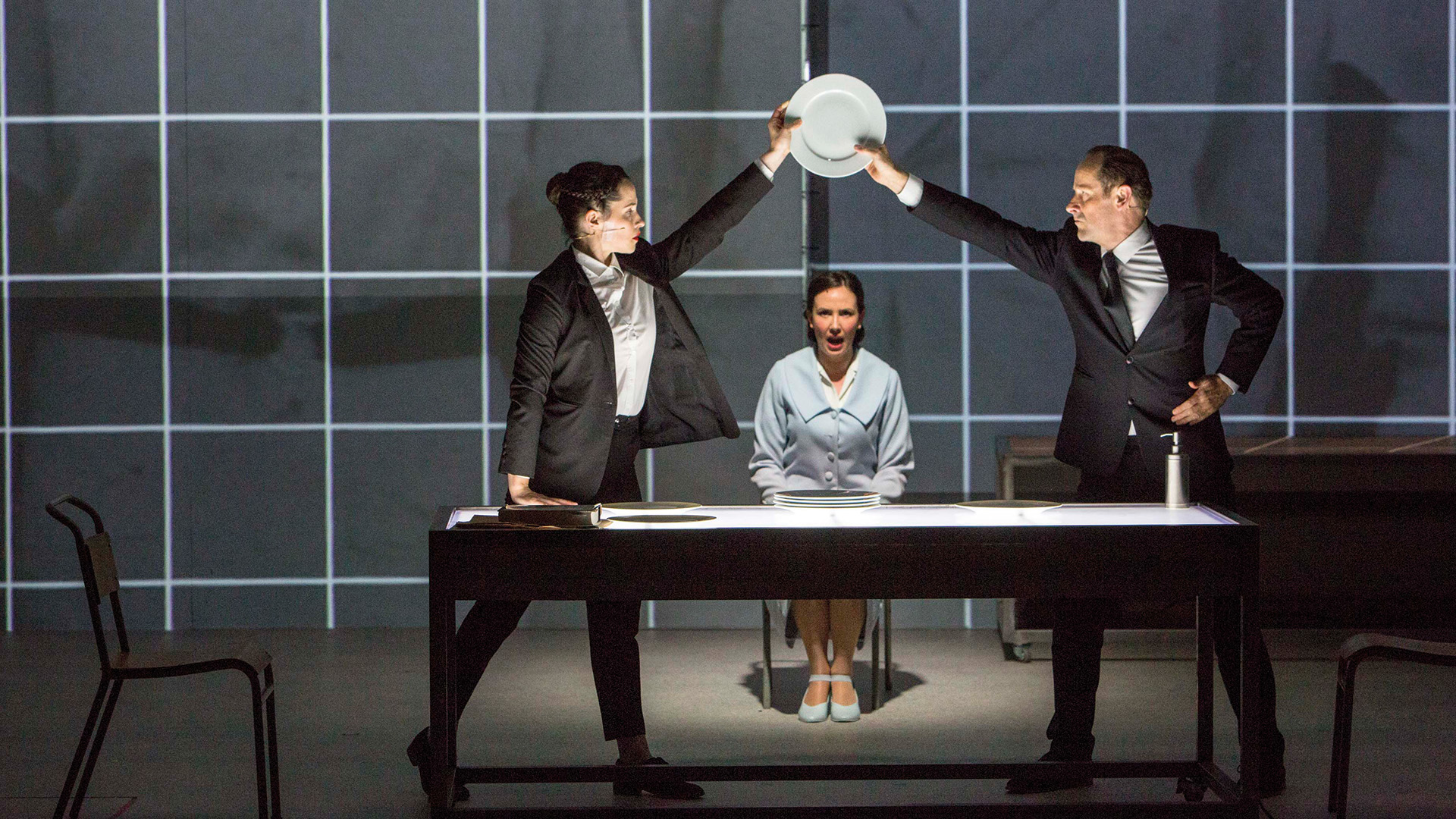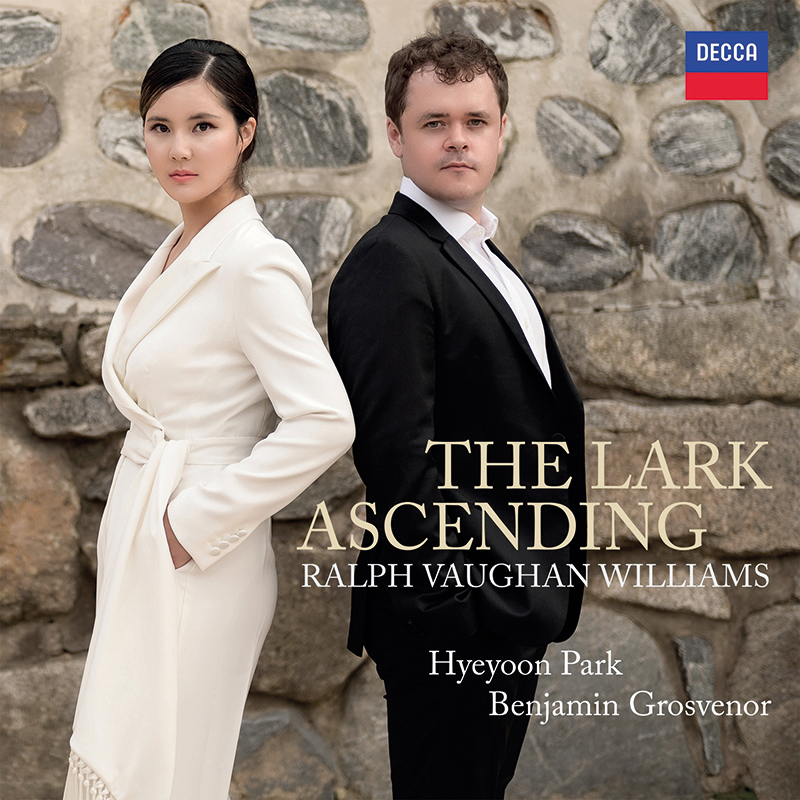When New York magazine ran its recent cover story on Hollywood nepotism it marked the culmination of long-running online discussions about ‘nepo babies’ – the offspring of famous parents who enjoy glittering careers in film, fashion and suchlike. The article – and the surrounding chatter – focuses on the born-famous; Lily-Rose Depp (daughter of Johnny Depp and Vanessa Paradis), Zoë Kravitz (Lenny Kravitz and Lisa Bonet) and others who have obtained unicorn creative roles.
Then there’s Brooklyn Beckham, who, despite being born into enormous wealth, cited his new job as a chef for the reason he could afford a car worth a million. He and other nepo babies might like to acquaint themselves with the ‘equity vs equality’ diagrams. In one example, people of varying heights are given the same box to stand on, which doesn’t help those of shorter stature to see over the fence. However, when given boxes according to need, everyone can enjoy the same view, ie a privileged start will inevitably yield – often disproportionately high – benefits.
Our obsession with dynastic power is reaching a peak. Whether it’s the Kardashians or the royals, money and family ties make compelling plotlines. There’s Succession, the biting TV series unofficially based on the Murdochs; and The Windsors, a spoof Channel 4 programme and stage show. Now an opera about the original celebrity first family, the Kennedys, is about to have its UK premiere. Least Like the Other: Searching for Rosemary Kennedy explores the dark story of the oldest daughter of Joseph and Rose Kennedy and sister of US president John F Kennedy. While there’s no doubt that JFK worked hard to gain the presidency, he was helped by being born into an extremely privileged family who supported his campaign both financially and through social connections.
- Hints of Scrooge at the Arts Council of England
- English National Opera cuts speak of a deeper problem
- Ludovico Einaudi: A meditative balm to the daily grind
Appearances mattered, and Joseph and Rose felt that Rosemary, who had significant additional needs, was a scandalising embarrassment to the Kennedy legacy. They prevented her from leaving the house, then, when she was 23, they forced her into having an unnecessary lobotomy that left her immobile, incontinent and unable to speak. Rosemary was institutionalised until her death in 2005.
Composer Brian Irvine and director Netia Jones’s opera uses source material from newspaper reports, letters and biographies to create a patchwork stage piece that reveals the Kennedys’ shadowy behaviour – as well as the societal conditions that supported their cruelty. Least Like the Other: Searching for Rosemary Kennedy is produced by the Irish National Opera and is showing at the Linbury Theatre in London’s Royal Opera House (January 17, 18, 19).
Classical music has dynasties of its own. The Mozart family’s most famous member, Wolfgang Amadeus, was pushed into performance by his father Leopold, himself a competent composer and distinguished violinist. There was also Maria Anna (‘Nannerl’), Wolfgang’s sister, who was a child star. Although her solo career was curtailed by marriage, Maria Anna was a notable piano teacher, while Franz Xaver, Wolfgang’s son, became a composer-pianist.










